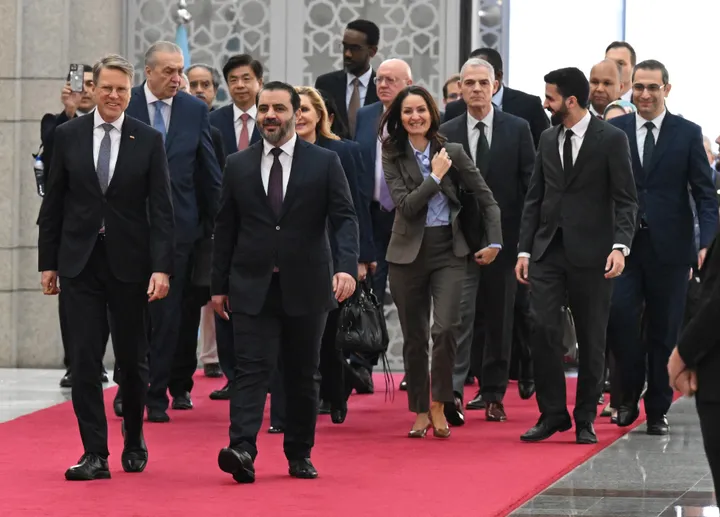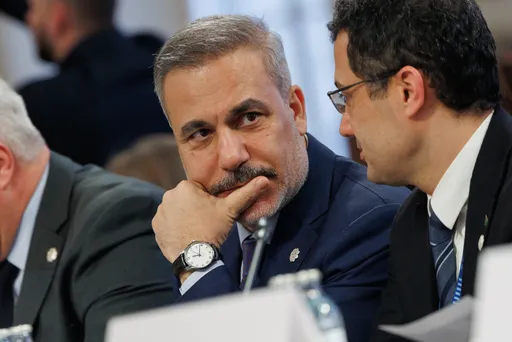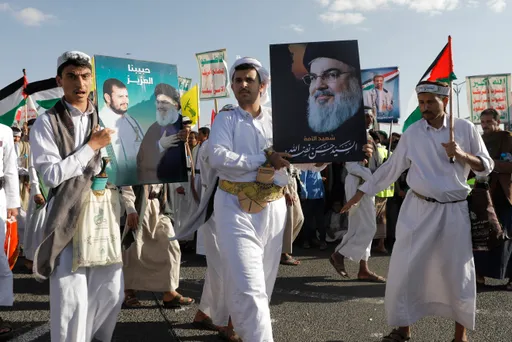The famine in a displaced persons camp in civil war-torn Sudan is a "shameful stain" on the conscience of the international community, which failed to prevent it despite multiple warnings, the United Nations has said.
Last week an international committee responsible for assessing food insecurity declared a famine in the Zamzam camp, near the besieged town of Al Fasher, in Darfur.
It was the first time the committee had confirmed a famine in more than seven years, and only the third time since its monitoring system was launched two decades ago, said Stephen Omollo, assistant executive director of the World Food Programme, speaking at the UN Security Council on Tuesday.
"We have been clear that famine is a real and dangerous possibility... But our warnings have not been heard," he said.
The crisis has not received the political and diplomatic attention it desperately needs, he said, hoping that the declaration of a famine would serve as a "wake-up call."
"When famine happens, it means we are too late. It means we did not do enough. It means that we, the international community, have failed," agreed Edem Wosornu of the UN's humanitarian agency (OCHA).
"This is an entirely man-made crisis – and a shameful stain on our collective conscience," Wosornu said.
'Only sustainable solution'
Since April last year, a war has pitted the Sudanese army, led by General Abdel Fattah al Burhan, against the paramilitary Rapid Support Forces (RSF) led by his former deputy, General Mohamed Hamdan Daglo.
The conflict has claimed tens of thousands of lives and displaced more than 10 million people, according to the UN.
Omollo said that a ceasefire remains the "only sustainable solution that will prevent the further spread of famine."
But until that day, he pleaded with the Council to help "ensure we can carry out our work effectively, and without interference."
Both officials denounced the obstacles to humanitarian aid imposed by both sides of the conflict, and called for the opening of the Adre border crossing between Chad and Darfur, which has been closed for several months.
Sudanese ambassador to the UN Al Harith Idriss al Harith Mohamed, rejecting the conclusions of the report declaring the famine, acknowledged a "dire" humanitarian situation - but accused the RSF of being responsible for blocking humanitarian convoys.
While the United States has raised the creation of a UN mechanism to allow the passage of humanitarian aid in Adre, he insisted on Sudan's "sovereignty," noting that the opening of the border point was solely the responsibility of his government.
























